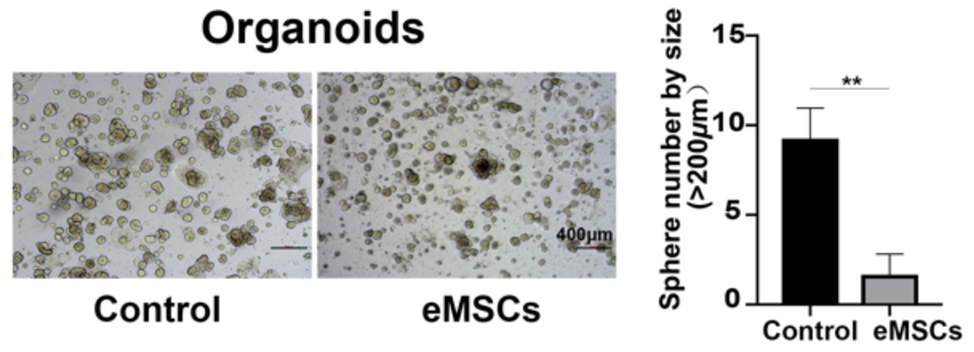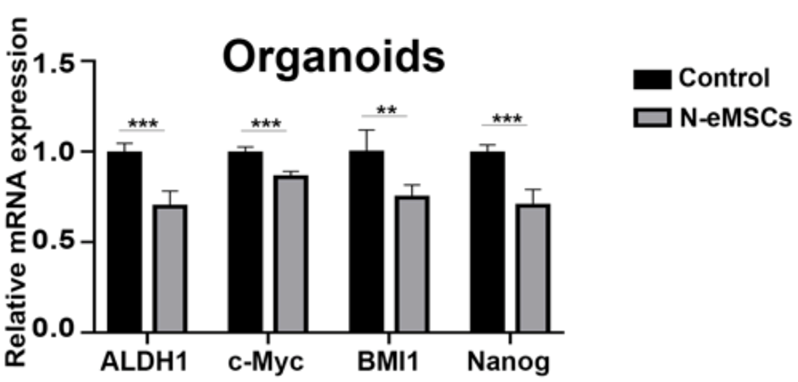Service Content and Description
Field
Co-construction of in vitro microenvironment for tumor organoids to achieve in vitro microenvironment intervention for drug R&D
Keypoints
1) Efficiently and conveniently evaluate the direct effects of various tumor microenvironments on organoids;
2) Guiding researchers to precisely develop microenvironmental to reconstruct drug R&D models, greatly reducing the cost and cycle of new drug development.
Contents
Employing chips to realize the co-culture of tumor organoid and mesenchymal microenvironment.
1) Apoptosis detection: CCk-8, Annexin V, etc;
2) qPCR detection of oncogene: C-Myc, ALDH1, YAP, etc;
3) Discovering new genes X and targets Y related to tumorigenesis and development
Advancements
1) Drug evaluation of organoid models has been recognized by more and more industries engaged in new drug R&D. It is notable that in 2021 this model has been recommended by NMPA as a model in the guidelines for non-clinical drug evaluation related to gene therapy and gene therapy modification, which precisely guides new drug researchers;
2) The organoid drug model evaluation system is improving, and the R&D team of bioGenous is involved in the formulation of organoid industry standards, which makes the organoid model more standardized and normalized.
3) The product pipeline of organoid models of bioGenous covers most of the cancer types, including gastric cancer, pancreatic cancer, ovarian cancer, cervical cancer, breast cancer, non-small-cell lung cancer, cholangiocarcinoma, colorectal cancer, and so on.






